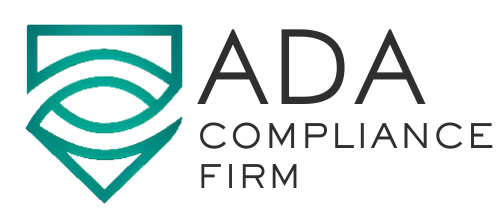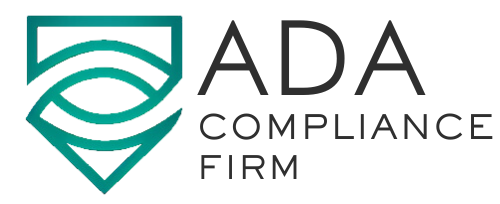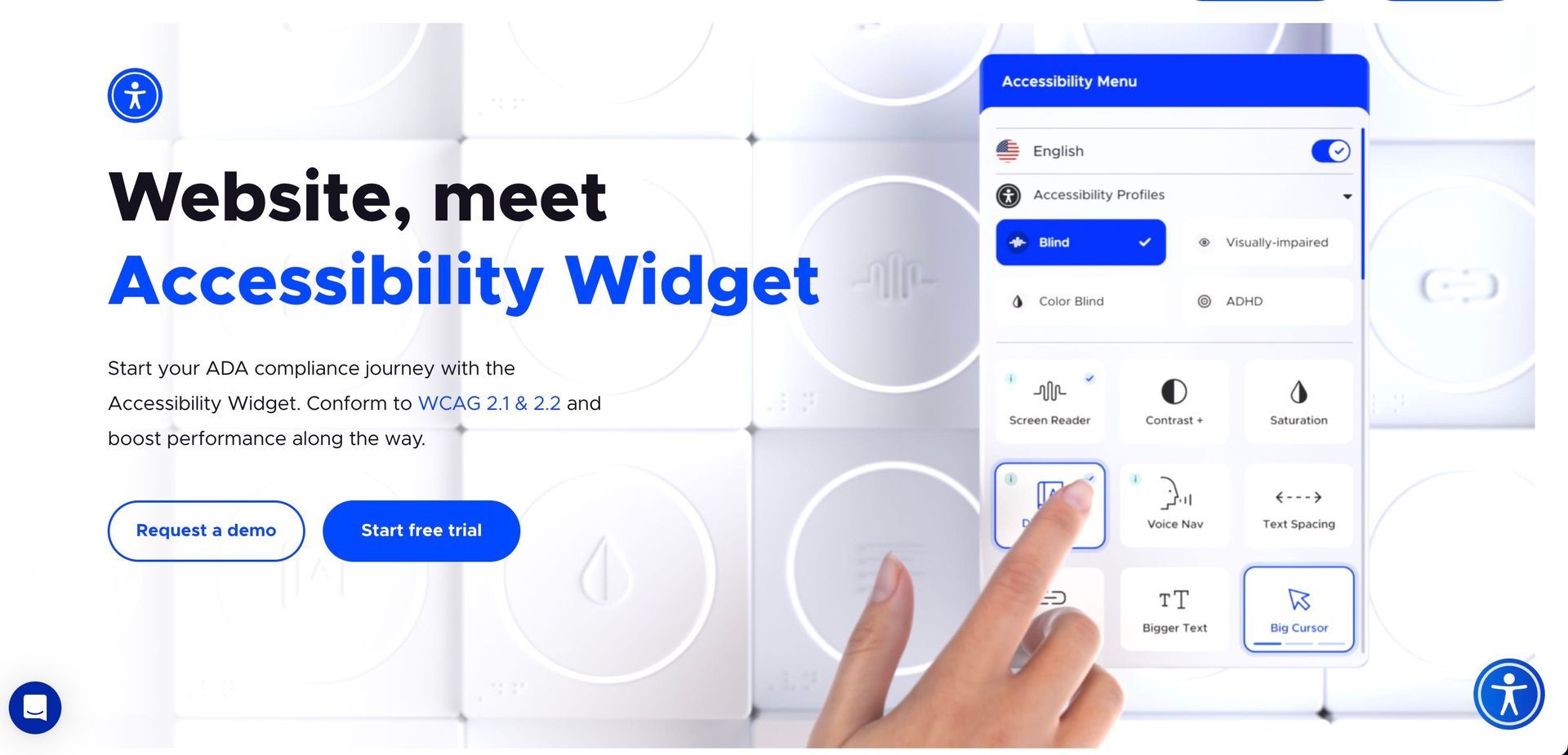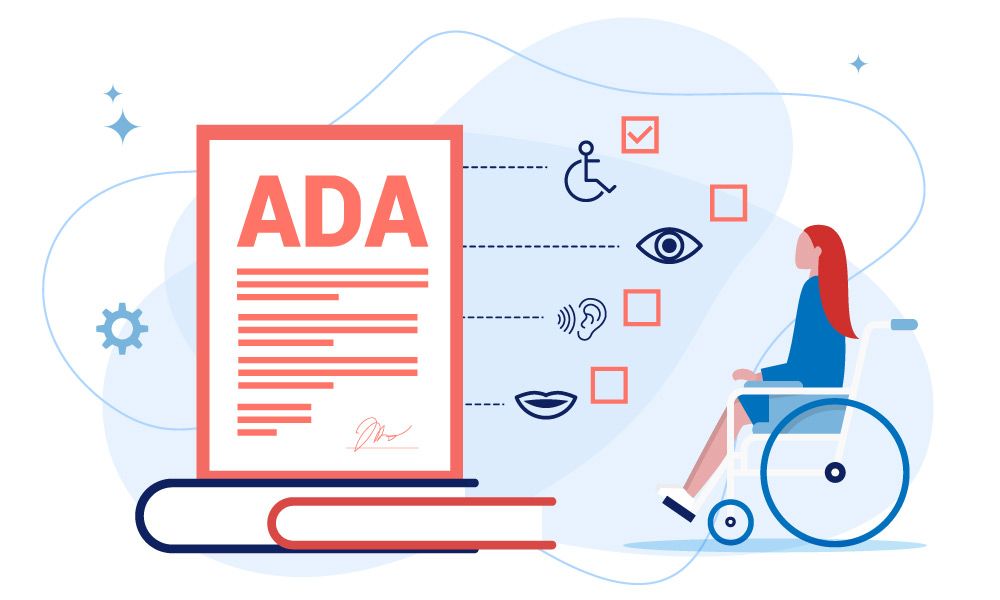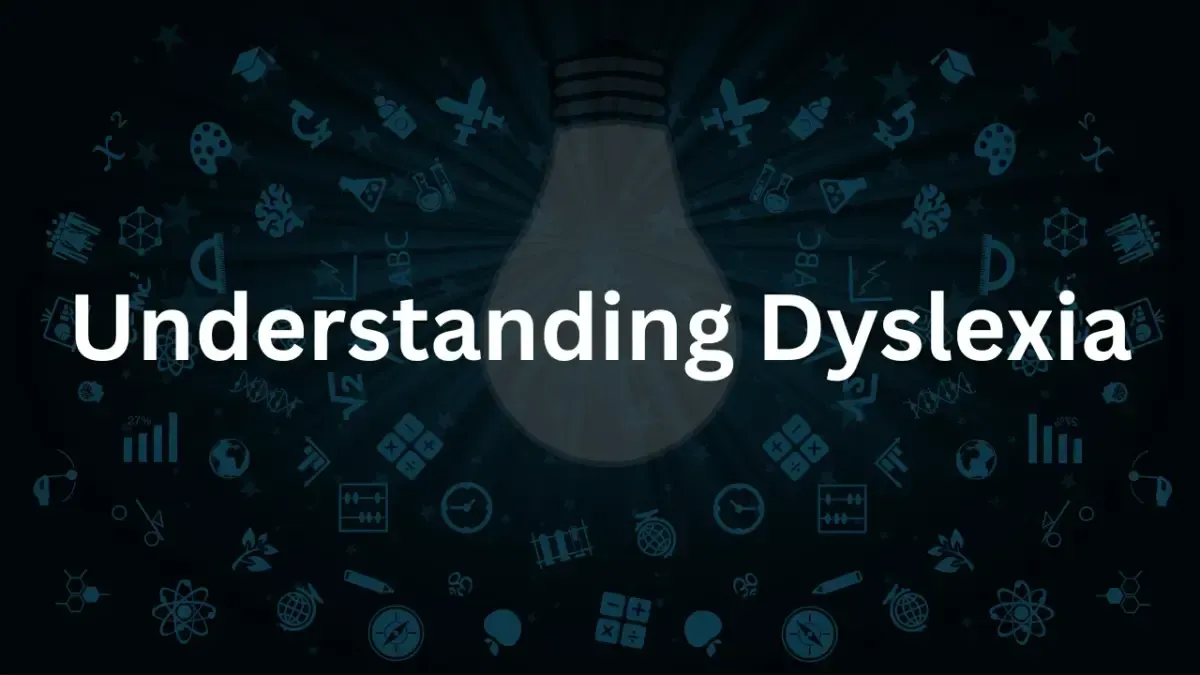Diet and Nutrition in Epilepsy: A Comprehensive Guide

Epilepsy is a serious neurological condition that affects millions of people worldwide. For those diagnosed with epilepsy, managing the condition often requires a multifaceted approach that includes medication, lifestyle adjustments, and in some cases, dietary modifications. As research continues to uncover the link between diet and neurological health, it has become increasingly clear that what we eat can play a significant role in managing seizures and promoting overall well-being for those living with epilepsy.
Diet and Nutrition in Epilepsy
- The Role of Diet and Nutrition in Epilepsy
- Influencing Brain Function and Seizure Activity
- Mechanisms of Improvement
- Limitations and Concurrent Treatments
- Dietary Approaches for Epilepsy Management
- The Ketogenic Diet
- Other Dietary Therapies
- General Dietary Recommendations for People with Epilepsy
- Focus on Variety and Nutrition
- Maintain Regular Eating Patterns
- Stay Hydrated
- Additional Considerations
- Conclusion
- Frequently Asked Questions (FAQs)
- What is the first step in attempting dietary therapy for epilepsy?
- Is the ketogenic diet safe for children with epilepsy?
- Can someone with epilepsy drink alcohol?
- Are there any risks associated with the ketogenic diet?
- Can dietary therapy replace epilepsy medication?
In this comprehensive guide, we will explore the intricate relationship between diet and epilepsy, shedding light on the role of nutrition in seizure control and sharing valuable insights that can help patients and caregivers make informed decisions about their dietary journey. We will walk through different dietary approaches, discuss the broader recommendations, and touch on case studies and personal stories that highlight the transformative potential of food for those with epilepsy.
The Role of Diet and Nutrition in Epilepsy
Diet is a pivotal factor in managing epilepsy. While medical treatment remains the cornerstone of seizure control, there is increasing evidence that certain dietary approaches can serve as valuable adjunct therapies. The concept is rooted in the understanding that food can influence brain function and, by extension, seizure activity.
Influencing Brain Function and Seizure Activity
Certain foods and dietary patterns are known to affect neurochemical processes, which can either increase or decrease the likelihood of seizures. Nutritional deficiencies or imbalances can also have a significant impact, as the brain relies on a steady supply of nutrients to maintain its delicate chemical and electrical balance.
Mechanisms of Improvement
There are several proposed mechanisms by which diet may improve seizure control. For instance, the ketogenic diet, which involves high fat intake and very low carbohydrate consumption, is thought to alter the way the brain uses energy, making it less prone to the hyperexcitability that can lead to seizures.
Limitations and Concurrent Treatments
It is essential to recognize that while diet can be powerful, it is not a panacea. Many individuals with epilepsy require a combination of medication and dietary therapy for optimal seizure management. Consulting with a healthcare professional is crucial to develop a personalized plan that integrates dietary changes with other treatment modalities effectively.
Dietary Approaches for Epilepsy Management
Several dietary approaches are currently being used to manage epilepsy. These range from well-established therapies like the ketogenic diet to other ongoing areas of research.
The Ketogenic Diet
The ketogenic diet is perhaps the most recognized dietary intervention for epilepsy. It involves a significant reduction in carbohydrate intake, replaced with an increased consumption of healthy fats and a moderate intake of protein. The state of ketosis, achieved when the body uses fat as its primary source of energy, is thought to contribute to seizure control.
The Ketogenic Diet for Epilepsy: What You Need to Know
- The ketogenic diet is not “one-size-fits-all.” Various versions exist, including the traditional ketogenic diet, the modified Atkins diet, and the low glycemic index diet.
- Studies have shown that the ketogenic diet can lead to a marked reduction in seizures for some patients, particularly those with drug-resistant epilepsy.
- It is essential to maintain strict adherence to the prescribed diet, often under the guidance of a dietitian experienced in ketogenic therapies.
Other Dietary Therapies
In addition to the ketogenic diet, several other dietary approaches have shown promise for managing epilepsy. These include the modified Atkins diet, which is less restrictive than the classical ketogenic diet but still focuses on reduced carbohydrate intake, as well as the low glycemic index diet and the vegetarian ketogenic diet.
While the evidence for these alternative therapies is not as robust as that for the ketogenic diet, they are of interest to researchers and healthcare providers. More trials are needed to better understand their potential and to establish guidelines for their use in clinical practice.
General Dietary Recommendations for People with Epilepsy
For individuals with epilepsy, a balanced and healthy diet is key to optimal health and well-being.
Focus on Variety and Nutrition
Eating a wide array of nutrient-rich foods from all food groups ensures the body receives the vitamins, minerals, and other essential nutrients necessary for good health. Whole grains, fruits, and vegetables provide beneficial fibers and antioxidants, while lean proteins and healthy fats support overall nutrition.
Maintain Regular Eating Patterns
Consistency in eating patterns is important for individuals with epilepsy, as skipping meals or fasting can potentially trigger seizures in some cases. Consuming regular meals and snacks throughout the day helps to keep blood sugar levels stable and minimizes the risk of hypoglycemia, a known seizure trigger.
Stay Hydrated
Adequate hydration is crucial for everyone, but especially for those with epilepsy. Dehydration can lead to electrolyte imbalances, which can affect brain function and potentially increase seizure risk. Drinking plenty of water, and in some cases, sports drinks with added electrolytes, helps to maintain proper hydration levels.
Additional Considerations
While a general healthy diet is beneficial for most people with epilepsy, individual needs and circumstances may dictate specific dietary adjustments. Some considerations include:
- Monitoring for nutrient deficiencies, especially with restrictive diets like the ketogenic diet, and addressing any gaps through supplements or dietary changes.
- Identifying and managing food triggers that may exacerbate seizures. Keeping a detailed food diary can help pinpoint potential culprits and inform dietary choices.
- Taking an individualized approach to diet, recognizing that what works for one person may not work for another. Working closely with a healthcare team, including neurologists and dietitians, can help tailor dietary recommendations to the unique needs of the individual with epilepsy.
Conclusion
Diet and nutrition are powerful tools in the arsenal against epilepsy. By understanding the ways in which food can influence seizure activity and brain function, individuals with epilepsy and their caregivers can make informed choices that enhance their overall quality of life. While dietary changes should be approached with caution and guidance, they offer a complementary pathway to managing seizures and promoting health.
Remember that living with epilepsy does not mean compromising on diet or nutrition. With the right approach and support, patients can achieve balance and well-being, making peace with their condition and leading fulfilling lives. If you or a loved one is navigating the complex landscape of epilepsy management, consider how dietary modifications might play a role in your unique journey towards wellness and seizure control. Embrace the potential of food to heal and to nourish—body, mind, and soul.
Frequently Asked Questions (FAQs)
What is the first step in attempting dietary therapy for epilepsy?
The first step should always be consulting with your healthcare provider. They can discuss the various dietary options, help determine if you’re a good candidate for diet therapy, and refer you to a dietitian who specializes in epilepsy care.
Is the ketogenic diet safe for children with epilepsy?
Yes, the ketogenic diet is often used for children with epilepsy, particularly those who have not responded to medication. It must be supervised by a medical team, including a dietitian and a neurologist, to ensure the child’s safety and well-being throughout the treatment.
Can someone with epilepsy drink alcohol?
Because alcohol can interfere with sleep patterns, medications, and potentially lower the seizure threshold, it’s generally recommended that individuals with epilepsy speak with their doctor about alcohol use. The decision may vary based on individual circumstances and the severity of the condition.
Are there any risks associated with the ketogenic diet?
Like any restrictive diet, the ketogenic diet comes with potential risks such as nutrient deficiencies and may be hard to maintain long-term. Close medical monitoring is essential to address any health issues that may arise during therapy.
Can dietary therapy replace epilepsy medication?
Dietary therapy is generally not used as a replacement for medication but rather as a complementary approach. For some individuals, dietary changes can help reduce the frequency and severity of seizures and, consequently, the amount of medication needed. However, any changes to medication should always be done under a doctor’s supervision.
Remember, these FAQs are meant to provide general information and cannot replace personalized medical advice. Always consult with your healthcare team for advice tailored specifically to your health needs.
Join our newsletter
Recent Blog Posts
